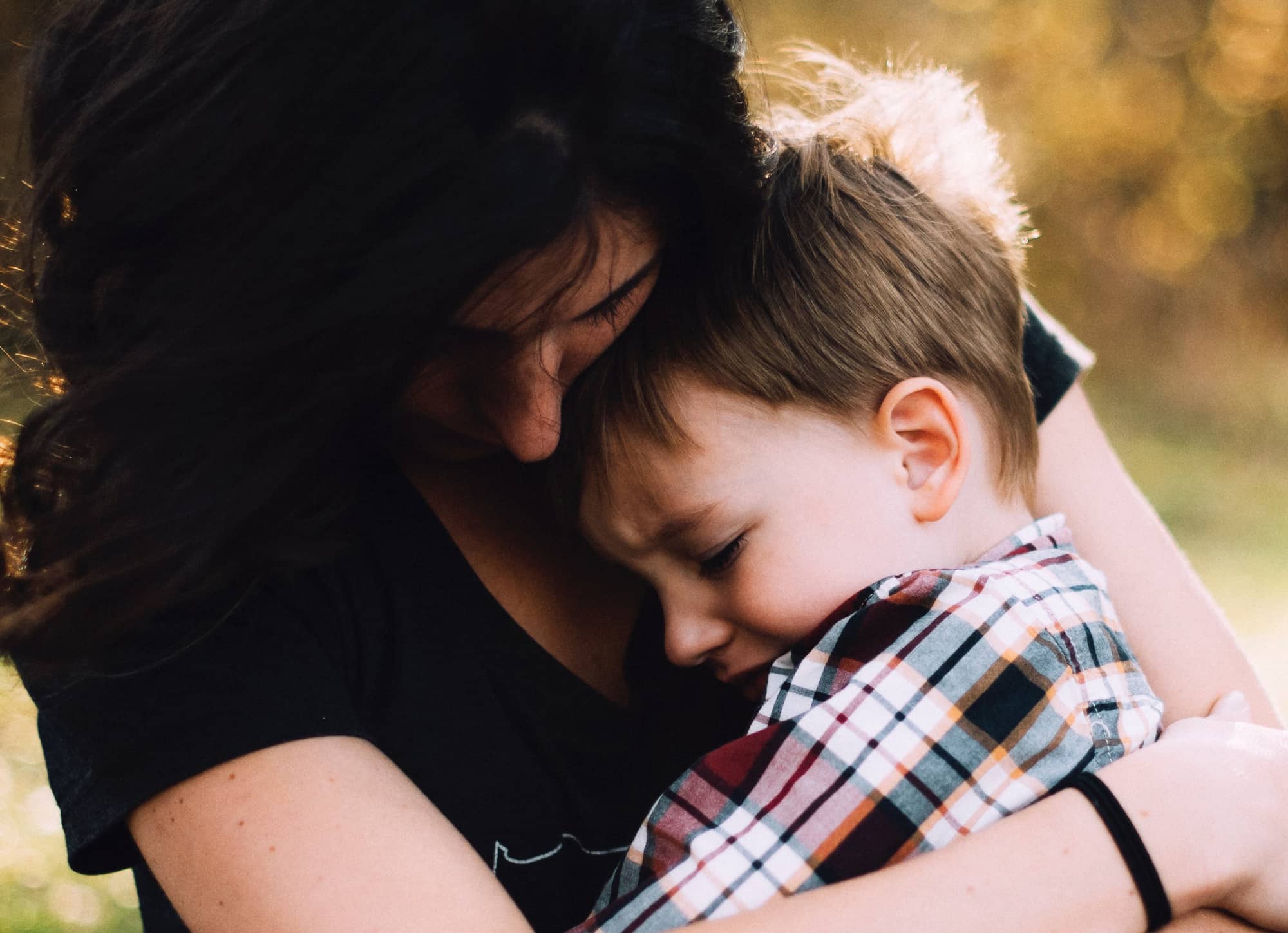
Research by Robbie Duschinsky and collaborators at the Department of Sociology has helped shape understanding of the assessment of infant and toddler mental health, with direct impacts on international and national clinical guidelines and guidance, international guidance for family court practice, and public outreach. His work has influenced thinking and practice in the UK, USA, Sweden and Canada.
His research focused on an influential assessment – the disorganised attachment classification – which was originally based on observations in a standardised laboratory procedure of fearful, confused or conflicted behaviour shown by young children towards their caregivers during reunions.
By convening a series of interdisciplinary collaborations with social workers, clinicians, researchers and professional bodies, Duschinsky explored the limitations of this assessment for use in naturalistic settings and highlighted how its misuse can impact on children and their families. This led to changes, for instance, in the National Institute for Health and Care Excellence (NICE)-commissioned clinical guidelines for attachment in children and young people.
“[Duschinsky’s] intervention… was instrumental in steering the guideline… and is now firmly written into the published document. That guideline has been in place now since 2015 and… has substantially changed the way services are supporting some of the most vulnerable children in society in the UK.”
– Member of the NICE Guideline Development Group for Children’s Attachment


